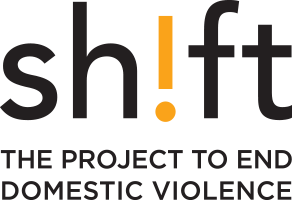Shift works across Alberta on Treaty 4, 6, 7, 8 and 10 territories. These are traditional travelling routes, gathering places, and meeting grounds for many Indigenous Peoples, including the Blackfoot Confederacy (comprised of the Siksika, Piikani, and Kainai First Nations); Tsuut’ina First Nation; Stoney Nakoda (including the Chiniki, Bearspaw, and Goodstoney First Nations); Cree; Saulteaux; Nakota Sioux; Dene; and the Métis Nation in Alberta (across Districts 1-22).
We respect the Treaties that were made, acknowledge the ongoing harms of colonial violence, and dedicate ourselves to moving forward in partnership with Indigenous communities in a spirit of reconciliation and collaboration.





